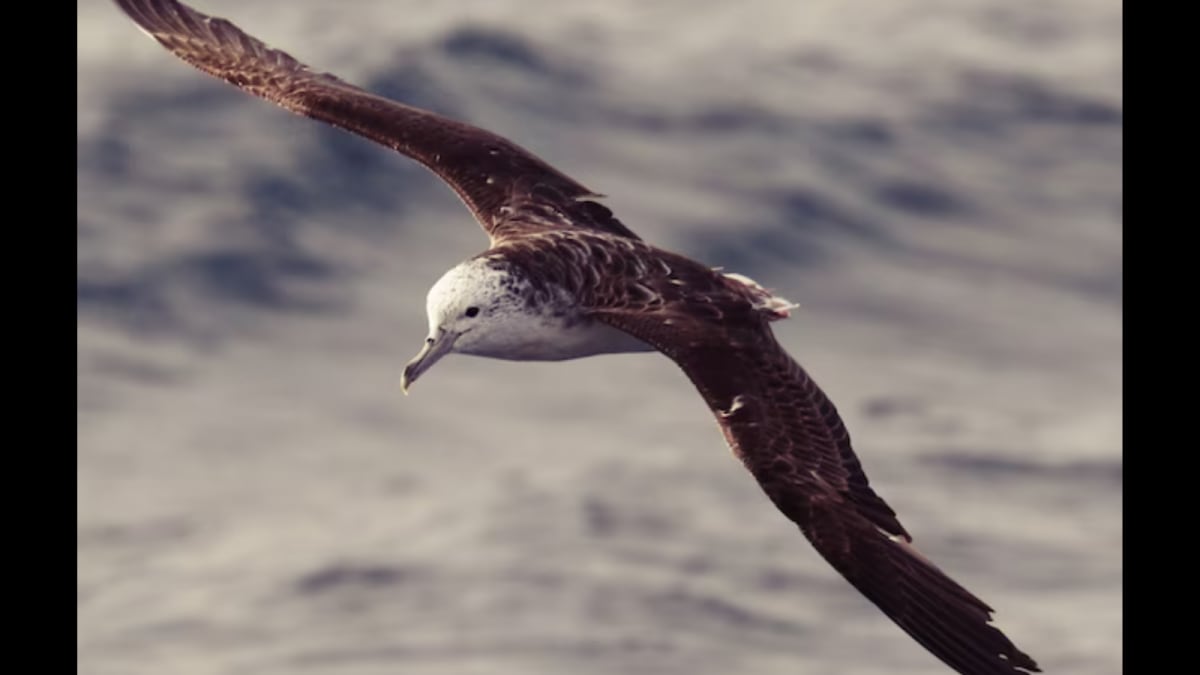You Won't Believe What Japanese Scientists Discovered About Flying Birds!
2025-08-20T06:30:43Z

Imagine strapping a camera to a bird and stumbling upon a discovery that turns the world of marine biology upside down! That's exactly what happened when Japanese scientist Leo Uesaka and his team at Tokyo University set out to study the simple mechanics of how seabirds take off from water. What they found instead was a surprising behavior that has left many astounded.
Initially, they attached small cameras to 15 streaked shearwater birds, known scientifically as Calonectris leucomelas, hoping to capture footage of their wing and leg movements. But the cameras revealed something unexpected: the birds were urinating mid-flight! What started as a light-hearted observation quickly transformed into a fascinating subject of scientific inquiry.
During their research, the team recorded nearly 200 instances of urination, with only one occurring while the birds were on water. It turns out, these seabirds are not just flying; they are also relieving themselves while in the air—a behavior they perform more than five times an hour! To put this into perspective, it would be like a human needing to use the bathroom every four to ten minutes, which seems quite excessive, right?
This unique adaptation is believed to serve multiple purposes. For one, it helps decrease their body weight, making the physically demanding act of flying a bit easier. Each bird sheds about 5% of its weight per hour through this process—now that’s one way to lighten the load!
But that's not all! The scientists discovered that seabird excretion plays a crucial role in the marine ecosystem. Their droppings act as a natural fertilizer, enriching oceanic nutrients far more than previously thought. This unexpected revelation emphasizes the interconnectedness of nature and how even the most mundane behaviors can have significant ecological impacts.
Interestingly, researchers are puzzled about why these birds choose not to urinate while sitting on the water. Several theories have been proposed. For instance, releasing waste near feeding grounds could increase the risk of infections, while fresh excrement might attract predators like seals or sharks. Additionally, exposing sensitive organs to saltwater could be detrimental to their health.
Published in the journal Current Biology on August 18, this study has piqued the interest of scientists everywhere, prompting Uesaka and his team to consider investigating other seabird species, especially larger ones like albatrosses, to see if this mid-air urination phenomenon is a common trait in the avian world.
 Thomas Fischer
Thomas Fischer
Source of the news: News18